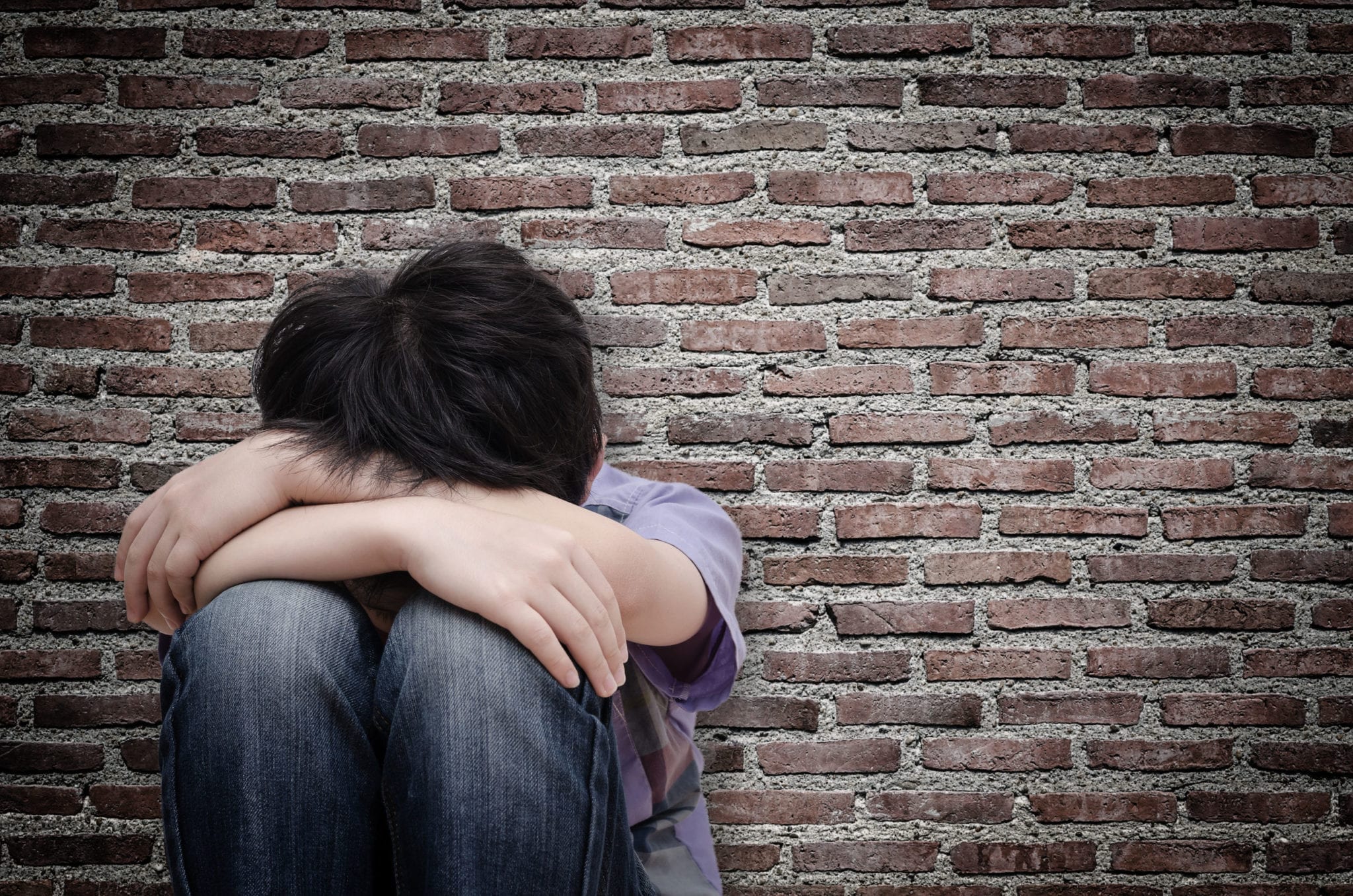Both adults and children can be victims of sexual assault, and Florida law understands this, offering protections for both groups – and penalties that vary depending on who the victim is.
In this post, we’ll detail what the laws are on sexual assault in Florida, and what you can do to fight back if you or someone you love is the survivor of a sexual assault.
Criminal Sexual Assault Laws in Florida
Sexual assault, or rape, is termed sexual battery in Florida law. It is a serious crime which will result in felony charges for an alleged offender. How does the law work?
If any individual is forced to engage in sexual intercourse against his or her will, the act is considered unlawful. This is true also when the individual is unable to consent due to mental incapability, whether biologically based or due to chemical influence.
The law punishes the following acts:
- Vaginal, anal, or oral penetration by the sexual organ of another individual
- Vaginal, anal, or oral penetration by union with the sexual organ of another individual
- Vaginal or anal penetration by another with any object
Consent is defined as agreement that is knowing, voluntary, and intelligent. It cannot be coerced. Additionally, consent does not equal the victim’s failure to physically resist the offender.
Penalties for Sexual Battery in Florida
The law lists penalties based on the victim’s age and the offender’s age, as well as other circumstances as described below.
Victim is younger than 12 years old and offender is at least 18 years old
This offense is a capital felony punishable by life in prison, a fine, or both. The prison sentence is a minimum of 25 years before parole is offered. The death penalty may be given for a conviction.
If the act included the threat or the use of a deadly weapon, or physical force likely to cause a serious bodily injury to the victim, the penalty is a life felony. The prison sentence is a maximum of 40 years and may include a fine.
Victim is younger than 12 years old and offender is younger than 18 years old
This offense is a life felony punishable by up to 40 years in prison, a fine, or both.
Victim is at least 12 years old and offender is at least 18 years old
This offense is a first degree felony punishable by up to 30 years in prison, a fine, or both. This penalty applies in a case where the victim is mentally incapable of consent or physically unable to resist. It also applies if a controlled substance was given to the victim, or if there are threats of violence or force.
If no physical force is used, and no violence was used that could cause serious injury, the penalty is a second degree felony. The punishments include up to five years in prison, a fine, or both.
Additionally, if anyone is convicted of sexual battery in Florida, he or she will be required to register as a sex offender in the state registry.
Help for Victims of Sexual Battery
Watching as your attacker is brought to justice can be gratifying to survivors and offer a sense of closure to a horrible part of their life. However, recovering from sexual battery can be a painful, time-consuming, and sometimes expensive process.
If the act caused injuries, you will need medical help to heal your body. Even if you were physically unharmed, the mental and emotional pain associated with this type of act may be horrific, requiring counseling, medication, and more. You may have to take time off from work or school. It can negatively impact your relationships and your future.
In other words, it’s costly – both in actual money and in what it takes from you in other ways.
That is why Florida law also allows survivors of sexual abuse to file a civil claim against negligent actors to fight for compensation. Sometimes these lawsuits will be against the attacker themselves. Other times they may be against people or other entities whose negligence contributed to the abuse taking place.
The latter type of case is particularly common with child victims, because often the incident or incidents take place at daycares, schools, or at extracurricular activities. Even if they were not involved in the abuse itself, the people and entities entrusted with the care of your child have a duty to keep them safe. If the harm occurred due to their negligence, they can be held liable.
If you decide to file a lawsuit, you will need to file within these state guidelines:
- You can file four years after the discovery time of the injury and the relationship between the injury and abuse.
- You can file four years after leaving the abuser, even if you are older than 25.
- You can file seven years after age 18.
Beyond monetary compensation, many survivors decide to file a civil suit because they want to be able to personally hold their abuser accountable. In some cases, a civil suit may be the only way to do this if a criminal case is not possible. In others, civil and criminal actions are taken concurrently. Working with a lawyer on a civil case can even be the first step to filing criminal charges.
If you or someone you love wants to learn more about filing this type of lawsuit, it’s essential to contact an experienced Florida personal injury attorney as soon as possible. We will work with you to fight for justice and help you seek any additional assistance you need in recovering from this ordeal. Call today for a free consultation.
About the Author:
Andrew Winston is a partner at the personal injury law firm of Winston Law. For over 20 years, he has successfully represented countless people in all kinds of personal injury cases, with a particular focus on child injury, legal malpractice, and premises liability. He has been recognized for excellence in the representation of injured clients by admission to the Million Dollar Advocates Forum, is AV Preeminent Rated by the Martindale-Hubbell Law Directory, enjoys a 10.0 rating by AVVO as a Top Personal Injury Attorney, has been selected as a Florida “SuperLawyer” from 2011-2017 – an honor reserved for the top 5% of lawyers in the state – and was voted to Florida Trend’s ”Legal Elite” and as one of the Top 100 Lawyers in Florida and one of the Top 100 Lawyers in the Miami area for 2015, 2016, and 2017.
 Florida Spring Break Injuries and How to Fight for Compensation
Florida Spring Break Injuries and How to Fight for Compensation 


















